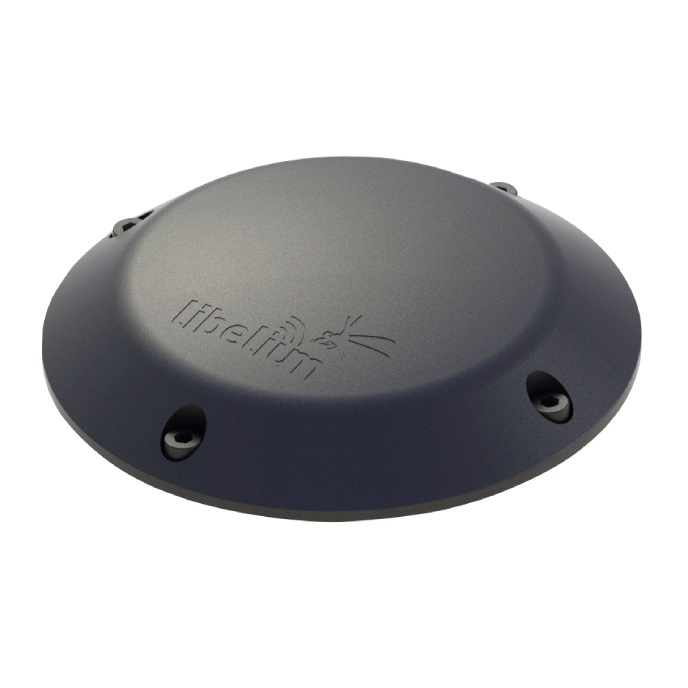Aiming to meet the growing demand for greater precision in smart parking devices, Libelium, the Spanish manufacturer of hardware and IoT solutions, has integrated radar technology in detecting the availability of parking spaces.
Aiming to meet the growing demand for greater precision in smart parking devices, Libelium, the Spanish manufacturer of hardware and IoT solutions, has integrated radar technology in detecting the availability of parking spaces.
The new Smart Parking node improves detection and stability performance thanks to a radar sensor which allows precise detection (99%) of vehicles parked over the device. When the device notices a change in the parking lot status, it sends the data to the cloud through
the LoRaWAN network.
IoT technology applied to the detection of parking places can reduce traffic, save fuel consumption, decrease CO2 emissions and improve the driving experience and habitability of cities. In addition, smart parking devices are being highly demanded by municipalities to check rotation levels in restricted parking areas (for taxis, loading and unloading, recharging electric vehicles and spaces for the disabled…).
First real deployment is already taking place in the city of Huesca (Northern Spain) where 190 nodes are being installed to detect the occupation of parking spaces for disabled people.

Radar technology offers improved performance compared to devices equipped with magnetic or infrared detection. Moreover, radar parking devices are not vulnerable to magnetic interference nor do they give false positives for vehicles parked near or in double rows. Their performance is more consistent in any condition of luminosity, more stable in case of long stay parking and they are not affected by the proximity of traffic movements such as passing a bus or heavy trucks. Additionally, the maintenance of radar parking sensors is much easier as they are not affected by dirt, dust, rain or oil spills.
“Radar technology avoids the miscalibration problems that can be experienced with other types of technology. By using radar sensors instead of magnetic ones, the system is able to 'see' objects on top when lots are occupied," says David Gascón, co-founder and CTO of Libelium.
The nodes provisioning has been enormously improved, now delivered with default time settings and also unique LoRaWAN identifiers and keys. This allows the registration of all nodes in the LoRaWAN network server at any one time.
The new smart parking platform also provides over-the-air setup to remotely configure parameters such as sleep time, keep-alive time, night-mode, etc. via the “remote configuration form”. So it is possible to directly install the nodes with factory default settings and then update them from the cloud. This feature reduces installation times.
Smart parking devices are registered in the Libelium Services Cloud Manager before leaving the factory. Each user, through free registering in the cloud, has access to the credentials of each of its nodes. The smart parking platform can also be used in combination with the Libelium Cloud Bridge to send data directly to any of the compatible platforms, making it easier and faster to create any parking management application.